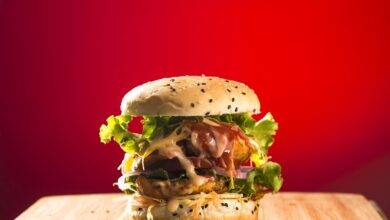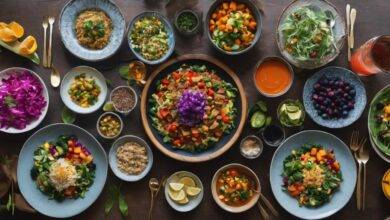What is the Best Weight Loss Diet
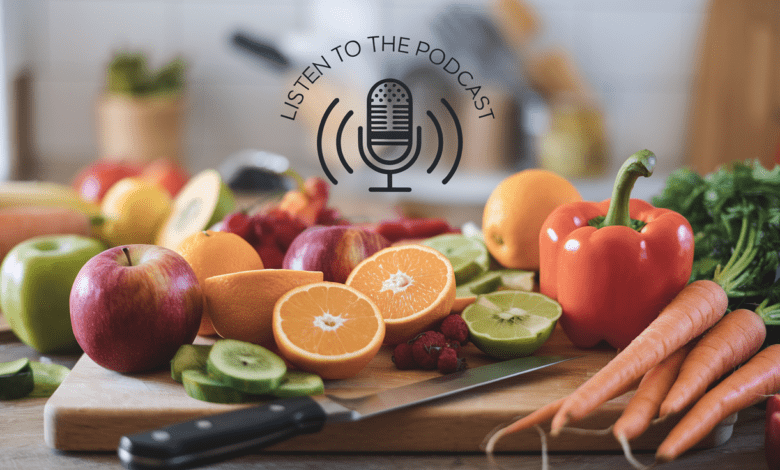
What is the best weight loss diet?
The best weight loss diet will very on each individual and their requirements. Weight loss depends on how much fatty tissue vs. muscle you have in your body, according to Dr Michael Roussell, director of the University of Colorado Hospital Weight Management Centre. He says that while some people have more muscle mass than others, most people have about 50% fat and 50% muscle. “The amount of fat you have determines how quickly you’ll lose weight,” he explains. “If you’re on the larger side, it takes longer because more fat needs to come off.”
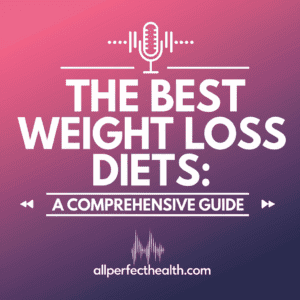
December 24, 2024 ·
The Best Weight Loss Diets: A Comprehensive Guide.
35 Min, 5 Sec · By Dave_James
#002: Discover the ultimate guide to weight loss diets in our latest podcast, "The Best Weight Loss Diets: A Comprehensive Guide." We break down popular approaches like keto, intermittent fasting, vegan, and the carnivore diet, exploring their benefits, challenges, and best practices. Perfect for anyone looking to find the most effective diet for sustainable weight loss and improved health. Tune in to learn how to choose the best plan for your goals! allperfecthealth.com
There are many different types of diets out there, including low carb, high protein, Mediterranean, vegan, etc., but each one focuses on a specific type of food. For example, a ketogenic diet is based on eating lots of healthy fats like avocado, olive oil, butter, bacon, cheese, eggs, coconut milk, salmon, shrimp, etc. A Mediterranean diet includes fruits, vegetables, whole grains, fish, chicken, nuts, seeds, beans, olive oil, yogurt, fruit juices, wine, and red meat. And a vegetarian diet excludes animal products completely.

Some foods will help you lose more weight faster than others. If you want to burn fat, eat fewer carbs and more proteins. Protein helps stabilize blood sugar levels, which makes you feel fuller and less hungry. In addition, studies show that protein increases satiety hormones, which keep us feeling full longer.
A study published in the journal Cell Metabolism found that mice fed a high-protein diet had lower levels of insulin and leptin, two important hormones associated with appetite control. Another study showed that women who ate more protein lost more weight than those who didn’t.
A healthy diet can help reduce chronic disease risk factors such as heart disease, diabetes, cancer, obesity, and stroke. It’s also an effective way to increase energy and improve athletic performance.
The best weight loss diet to improve your health is?
There are many diets available today. Each one promises weight loss and better health. But most people who try these diets end up failing because of poor adherence. And while some of these diets are great for certain individuals, others aren’t suitable for everyone.
There are four different types of diet programs that you can choose from low calorie, high protein, ketogenic, and intermittent fasting. Which one is best for you depends on what you’re looking for.
Low-Calorie Diets
A low-calorie diet is the easiest way to lose weight. You eat fewer calories than you burn throughout the day, resulting in weight loss. However, it does come with risks such as hunger, dehydration, and muscle cramps. Plus, it isn’t sustainable over the long term.
High Protein Diets
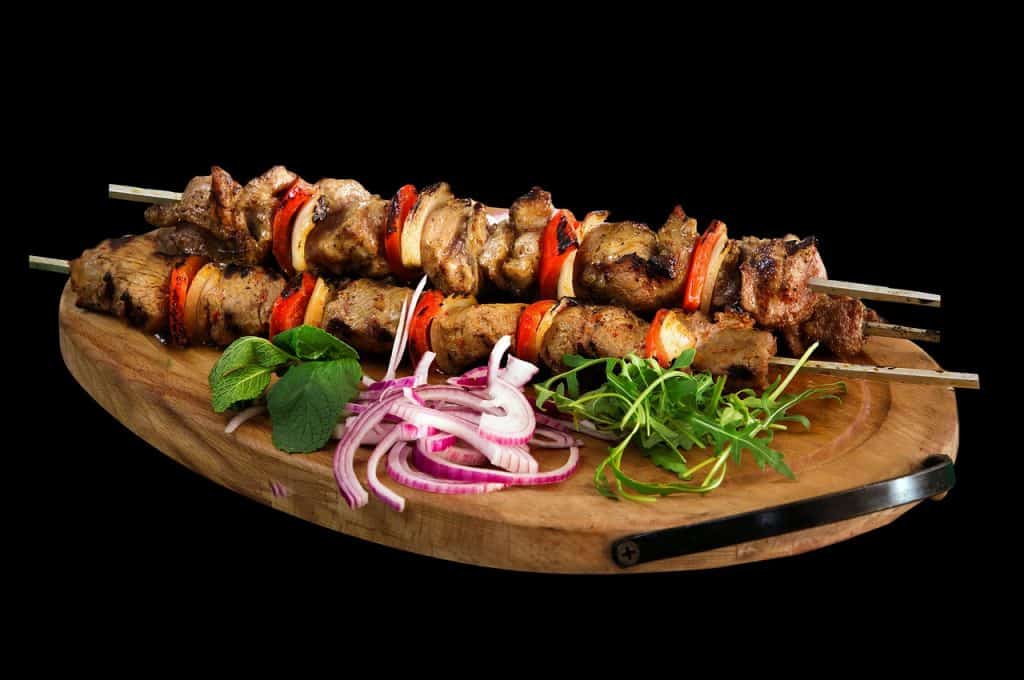
The second type of diet program is a high protein diet. In this case, you consume more calories than you expend during the day. This causes your body to break down fat stores for energy. While this method works well for those seeking to bulk up, it doesn’t work for losing weight.
Ketogenic Diets
This third option is a high-fat, moderate protein, and low carbohydrate diet. It’s also called a keto diet or ketogenic diet. The goal of this plan is to get your body into a state known as ketosis. Ketosis occurs when the liver breaks down stored fat into ketones. Your brain uses ketones instead of glucose (a form of sugar) for fuel. When you reach ketosis, your body begins producing weight loss results without hunger pangs.
Intermittent Fasting
Lastly, an intermittent fasting diet involves limiting yourself to eating only at certain times of the day. Some people do this by skipping breakfast and lunch, while others fast all day every other day. Either way, this approach is effective for weight loss.
Is the best weight loss Diet Approach Safe for You?
The number one question I hear about diets is whether it’s safe to follow a particular approach. This is a legitimate concern because there are many different approaches out there. Some diets require you to eat nothing but raw foods, while others allow you to consume food cooked at high temperatures. Others still prohibit certain types of food altogether. And then some restrict carbohydrates, fats, proteins, etc. In short, there are lots of options out there, and each diet promises to help you lose weight quickly while providing adequate nutrition.
But what makes a good diet? Is it just calories in versus calories out? Or does it matter how much protein you consume? What about carbs? Does fat make up too large a portion of your daily intake? These questions and more are important to consider when choosing a diet plan. But they don’t necessarily answer the most common question people ask me about diets – is it safe to follow a specific diet?
Let’s take a look at some popular diets to see why they might not be safe for everyone.
How to choose the best weight loss diet
A good diet should be sustainable. You shouldn’t feel restricted or deprived, and you shouldn’t feel like you have to cut out everything you love. Instead, you should find something that works well for your life.
If you find yourself feeling deprived or indulging, you might end up eating too many calories. This could lead to weight gain, health issues, or both.
You should always eat breakfast. Breakfast helps set the tone for the rest of the day, and it gives you the energy to start your day off right.
There are different types of diets, such as vegan, vegetarian, Palaeolithic, Carnivore, Ketogenic, Intermittent fasting, etc. Each one has its advantages and disadvantages.
Diets aren’t easy, but there are ways you can make them easier. Here are some tips to help you pick the best diet for you.
Best Weight Loss Diet Plans with Scientific Support
Ketogenic diets are popular because they promise weight loss without counting calories. But what does science say about them? Well, some studies are showing that they work, and others suggest that they don’t. Let’s take a look at the pros and cons of each type of diet plan.
The Atkins Diet
This low-carb diet focuses on protein and healthy fats like olive oil and avocado. Carbohydrates make up less than 10% of daily caloric intake.
Pros:
– Low carbohydrate consumption helps people lose weight faster.
– People tend to feel fuller longer, making it easier to eat fewer calories overall.
Cons:
– It may be difficult to stick to this diet if you’re used to consuming a lot of carbs.
– The lack of carbohydrates means that you won’t get any fibre from fruits and vegetables.
– There isn’t enough research available to determine whether this diet is effective.
Carnivore Diet: The Simple Weight Loss Solution
The carnivore diet is an animal only diet, meat, fish, eggs and some dairy. No plant-based foods, fruits, vegetables, grains or legumes. Advocates say it can lead to weight loss and improved health markers by focusing on nutrient dense animal foods and eliminating processed and inflammatory foods.
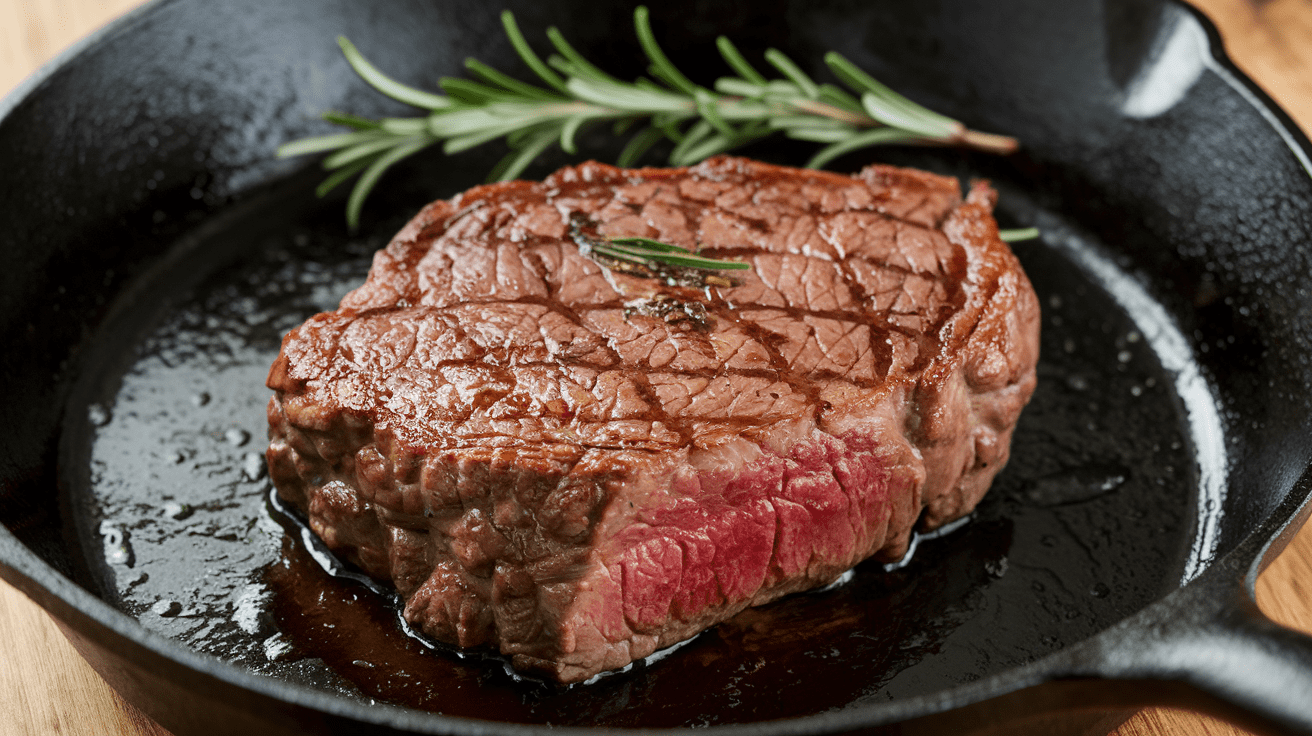
Why the Carnivore Diet?
- Nutrient
- The carnivore diet focuses on nutrient dense foods like organ meats, fatty fish, eggs and butter which provide essential vitamins, minerals and healthy fats in a bioavailable form. For example liver is a great source of vitamin A, B vitamins and iron.
- No Junk Foods
- By eliminating processed foods, refined sugars and toxic seed oils the carnivore diet removes many sources of inflammation and metabolic dysfunction in the modern diet.
- Weight Loss and Fullness
- The high protein and fat of animal based foods makes you full so you can naturally control your calorie intake. Many people lose weight without counting calories or tracking macros.
- Stable Blood Sugar
- Without carbohydrates blood sugar levels are stable, no insulin spikes and no risk of insulin resistance. This can be particularly helpful for those with type 2 diabetes or prediabetes.
- Easy and Sustainable for Some
- With fewer food choices meal planning is simple. This simplicity can make it easier for some to stick to the diet long term compared to more complex eating patterns.
Nutritional Concerns
While the carnivore diet can be nutrient dense it may lack some essential nutrients found in plant based foods. Key nutrients to consider:
- Vitamin C: Found in fruits and vegetables, small amounts in fresh organ meats.
- Fiber: Essential for digestive health, not found in a strict carnivore diet. Some people adapt without fiber, some don’t.
- Magnesium and Potassium: Found in lower amounts in animal foods compared to plant based foods. Seafood and bone broth can help.
Compared to Modern Diets
The biggest advantage of the carnivore diet is its complete opposite to the modern diet. Most people today are eating ultra processed foods, added sugars, refined grains and inflammatory seed oils, all of which are causing chronic disease. By eliminating these foods the carnivore diet can be a nutritional reset, whole unprocessed animal foods over harmful alternatives.
The carnivore diet may not be for everyone but for those looking to lose weight, simplify their eating and get rid of processed junk foods it’s an option. Just make sure to approach this diet wisely and make sure your nutrient needs are being met through food choices or supplementation. Consult a healthcare professional before starting the carnivore diet to tailor it to your health goals and needs.
Mediterranean Diet
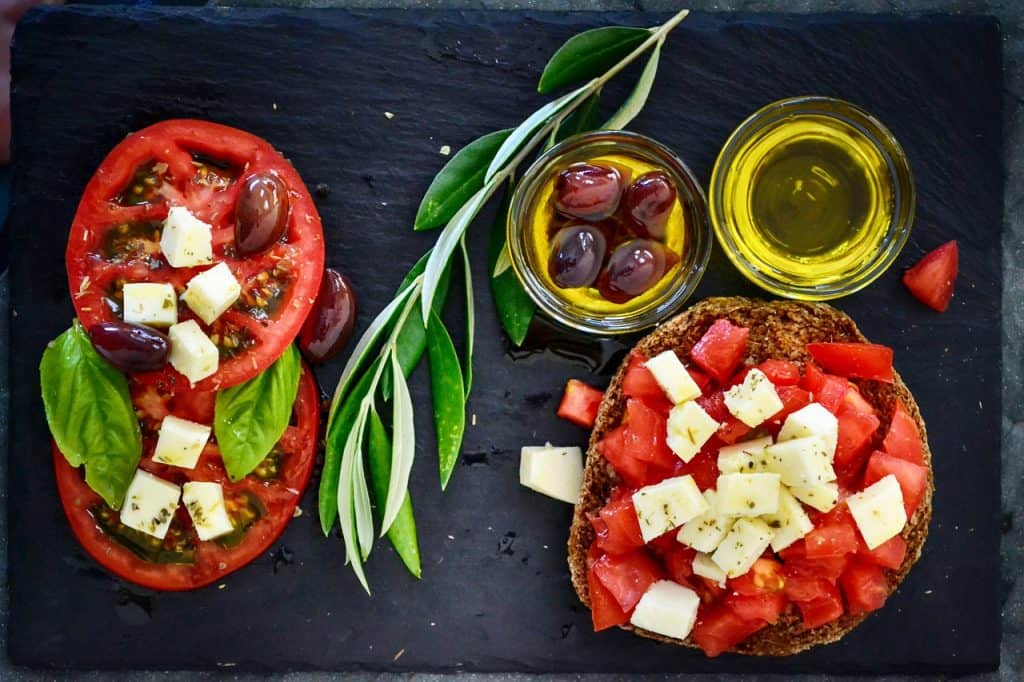
The Mediterranean Diet is a healthy way of life. It’s a lifestyle that includes lots of vegetables, fruits, whole grains, fish, nuts, olive oil, beans, and eggs. This diet promotes health, weight loss, and longevity.
There are many benefits of the Mediterranean Diet. Here are some of the most important ones:
a. Lower risk of heart disease
b. Lowers blood pressure
c. Improves cholesterol levels
d. Helps prevent diabetes
e. Promotes good mental health
Vegan and Vegetarian Diet

A vegan diet or vegetarian diet is considered to be one where no animal products are consumed. This includes dairy foods, eggs, honey, leather, wool, silk, and feathers. Many vegans and vegetarians believe that consuming animals is unethical because it involves exploiting sentient beings for human purposes. They argue that since animals cannot defend themselves, they do not deserve to be treated as property.
There are many health benefits of following a vegan or vegetarian diet, including a lower risk of heart disease, type 2 diabetes, some types of cancer, obesity, allergies, asthma, arthritis, and depression. However, there are also risks associated with following such a diet, including vitamin B12 deficiency, iron deficiency, and protein malnutrition. Some people may develop deficiencies due to eating a plant-based diet, like calcium, zinc, magnesium, selenium, iodine, and vitamins D, E, K, and B6.
Low-Carb Diet
A low-carb diet is different from a keto diet. In a low-carb diet, you eat fewer carbs and more protein. Low-carbohydrate intake diets are often recommended for those looking to lose weight fast. But it’s important to know what you’re getting into. There are many misconceptions about low-carb diets.
Keto Diet
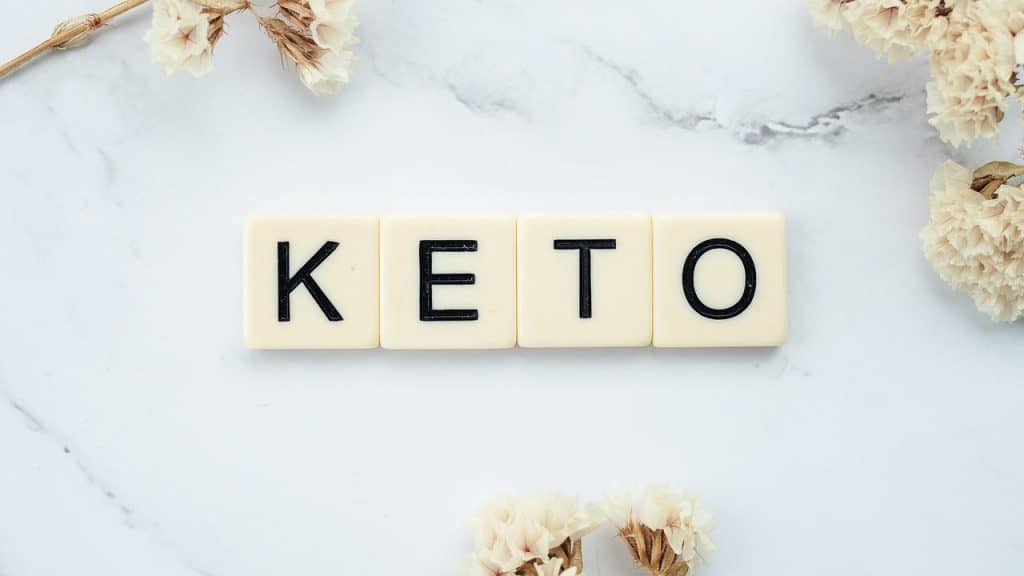
A keto diet can help you lose weight quickly. A keto diet is high in fat (70%-80%) and moderates in protein (10%-20%). You will need to follow a strict keto diet to see results. If you want to try a keto diet, talk to your doctor first. Additionally, make sure that the ketogenic foods you choose are healthy and suitable for your overall dietary plan.
The ketogenic diet has been studied since the 1920s, but it was not systematically investigated until the 1990s when John McDougall published his best-selling book The Starch Solution. The KD aims to induce neurological changes and reduce epileptic seizures by reducing glucose production.
Paleo Diet
The Paleo diet consists of foods that humans ate during the Palaeolithic era — roughly 2 million to 10,000 years ago. This includes meat, fish, vegetables, fruits, nuts, seeds and some dairy products. There are no processed foods allowed, such as bread, pasta, rice, potatoes, soda, candy bars and chips.
Some experts warn that following a Paleo diet may cause deficiencies in certain vitamins and minerals. For example, people who follow the Paleo diet tend to eat less calcium and vitamin D compared to those who don’t. People who follow a Paleo diet may also miss out on important nutrients found in grains, legumes and soybeans.
Anyone who is at risk for bone loss should avoid the Paleo diet. Bone health is compromised when there isn’t enough calcium in the body. Bones become weak and brittle when there aren’t enough minerals present. If you’re concerned about your bones, talk to your doctor about getting tested for low levels of vitamin D and calcium.
DASH Diet
The DASH diet stands for Dietary Approaches to Stop Hypertension. This diet plan was developed by Dr Dean Ornish, M.D., PhD, a cardiologist and researcher who specializes in heart disease prevention and reversal. He has been studying the effects of lifestyle changes on cardiovascular health since the 1980s.
In 1989 he published his findings in the New England Journal of Medicine, where he showed how people could reverse many of the symptoms associated with high blood pressure. His research led him to develop a program called the Lifestyle Heart Trial, which involved over 2,000 participants.
This trial focused on changing dietary habits and exercise patterns. Participants followed a low-fat vegetarian diet, exercised regularly, and learned stress management techniques. After six months, nearly half had reversed their high blood pressure.
Ornish went on to found the Preventive Cardiology Research Institute in Sausalito, California. There he continues his work in preventing and reversing heart disease. In addition to the DASH diet, he has also studied the Mediterranean diet.
Science-backed ways to lose body weight
To shed pounds, you must understand how food works in your body. You must know what foods are good for you and which ones aren’t. And you must know how much you should eat each day. This article explains why it’s important to eat healthily and gives tips on how to do so without chasing fad diets.
1. Trying intermittent fasting
IF is one of those things that sounds great in theory, but it isn’t always easy to execute. If you’re looking to try out IF, here are some tips to make sure you stick with it.
a – Make Sure You Have Enough Time
The biggest challenge people face when trying IF is finding enough time to eat. This can be especially hard if you work long hours, like me. I find myself eating dinner around 7 pm and skipping breakfast entirely. Then I feel sluggish throughout the day because I haven’t eaten anything since lunchtime. So my suggestion is to start small. Try cutting down on how much food you eat during the day and see how it goes.
b – Don’t Skip Breakfast

If you skip breakfast, you might end up starving later in the day. And while it might seem tempting to save calories by skipping breakfast, it’s better to eat something healthy for breakfast. A bowl of oatmeal or eggs cooked over medium heat are both good options.
c – Find Your Schedule
I know there are plenty of people who thrive on strict schedules, but I don’t do well with that. Instead, I prefer to go with a flexible schedule where I eat whenever I want. But if you’re someone who does like structure, then you might benefit from setting aside specific times to eat each day. For example, you could eat every morning at 8 am, noon, 4 pm, and 10 pm. Or maybe you eat three meals per day, with snacks in between. Whatever works for you. Just make sure you keep track of everything you eat and drink.
2. Tracking your weight loss diet and exercise
Tracking your diet and exercise helps keep you accountable and motivated to stick to healthy habits. You can use apps like MyFitnessPal or LoseIt to log what you eat and how much you move. These tools make it easy to see trends over time. They give you feedback about whether you’re meeting your goals. And they’ll even tell you how long you’ve been sitting down. If you want to know exactly how much you burned off during your workout, check out Fitbit’s smartwatch.
3. Eating mindfully
Mindful eating is one of those things that sounds simple enough but takes practice to master. You’ve probably heard of mindful meditation, where you focus on breathing and try to remain aware of your thoughts without letting them take over. But there are many other ways to incorporate mindfulness into your daily life.
Here are three tips to help you start practising mindful eating:
a. Pay Attention to What You Eat
When you eat, try to pay attention to every bite. This might sound like a lot of work, but it isn’t. When you’re eating, just notice how each mouthful tastes, smells, feels and looks. Don’t judge yourself or compare your food to others’ choices. Just enjoy it.
b. Focus On Your Food
Try to think about the flavours, colours, textures, and aromas of your food. Notice whether your fork feels heavy or light in your hand. How does the air feel against your cheek? Can you smell anything? Is your plate clean? Try to keep your eyes open while chewing.
c. Think About Why You Are Eating
You may not always have an appetite, so why are you eating now? Do you need energy? Relieve stress? Make friends? Practice gratitude. Be grateful for all the foods you already eat. As a result, your body will be more satisfied and less likely to crave other foods.
If you’re looking to lose weight, start by making small changes in your diet that make you feel better. For example:
- Eat breakfast every day. It helps keep you from overeating later on.
- Drink water instead of sugary drinks. Water is free, healthy, and keeps you hydrated.
- Don’t skip meals. Skipping meals makes you hungry and tired.
- Eat smaller portions. Portions have gotten bigger over the years, which has led to obesity rates rising among adults.
- Add some physical activity to your routine. Exercise boosts metabolism and burns calories.
d. Find Your Best Weight Loss Diet Support Group
A support group can be helpful because you won’t be alone. Other members can encourage you as you learn new skills and develop healthier habits. Plus, the camaraderie of a support group is often more fun than therapy!
4. Eating protein for breakfast
Eating protein before eating carbs will help you feel full longer. This is because it takes longer for blood sugar levels to drop after eating lean protein. Research suggests that people who eat protein first tend to eat less overall.
In addition, studies show that consuming protein early in the day reduces hunger throughout the day. So, if you want to avoid overeating later in the day, eat some protein for breakfast. Here are four delicious options:
1. Eggs
2. Oats
3. Nut & Seed Butter
4. Quinoa Porridge
5. Reducing your intake of sugar and refined carbohydrates
Processed carbs are just one type of carbohydrate found in foods like bread, pasta, rice, crackers, cookies, cakes, pies, candy, ice cream, soda, and even some vegetables. They contain no fibre, protein, or vitamins, but they do provide quick energy. When it comes to health, processed carbs can lead to obesity, diabetes, high blood pressure, and cardiovascular disease.
Refined carbs, on the other hand, include white flour products such as bagels, pizza crust, rolls, biscuits, pancakes, waffles, and French fries. These types of carbs contain little to no fibre, protein, and vitamins, but they do add calories. A typical slice of pizza contains about 400 calories, while a cupcake contains around 300 calories. This means that eating too many refined carbs can quickly lead to weight gain.
In addition to being unhealthy, refined carbs can make us crave sweets. A study published in the Journal of Clinical Endocrinology & Metabolism showed that people who consumed refined carbs had increased levels of ghrelin, a hormone that stimulates hunger. Ghrelin also increases our desire for sweet tastes. To avoid refined carbs, try swapping out regular pasta dishes for whole grain varieties, and swap the white stuff for fruits, veggies, nuts, seeds, and legumes.
6. Eating plenty of fibre
Fibre helps keep blood sugar levels steady, which reduces cravings and hunger pangs. A study published in the journal Nutrition suggests that eating just one extra gram of fibre per day could reduce the risk of diabetes by 12 per cent. And it turns out that we don’t even need to eat whole grains—fruits and vegetables are great sources of fibre too. Furthermore, a high-fibre diet can help you lose weight because it makes you feel fuller longer.
The first step is deciding what changes you want to make. Do you want to lose fat or build muscle? Are you aiming for a certain BMI (body mass index)? How much do you want to weigh? What kind of body composition goals do you have (i.e., more muscle, less fat)?
7. Balancing gut bacteria
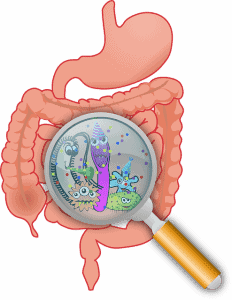
The human body contains trillions of microorganisms called microbiota. They live inside our digestive tract and play many important roles in our overall health. We now know that we are each born with different types of microbes already living in our guts. These microbes influence everything from digestion to immunity, mood, behaviour, and even weight.
Many factors can disrupt the balance of these beneficial microbes, including antibiotics, stress, unhealthy diets, and environmental toxins. This imbalance can lead to conditions such as irritable bowel syndrome, asthma, allergies, food sensitivities, depression, anxiety, autism, diabetes, cardiovascular disease, cancer, obesity, and autoimmune diseases.
In recent years, researchers have begun to understand the importance of maintaining a balanced microbiome. Scientists believe that it could be possible to treat some chronic illnesses simply by restoring the natural balance of microbes in the gut.
8. Having a restful night’s sleep
Sleep deprivation causes leptin levels to increase, which makes you feel hungrier. In addition, research indicates that people who sleep less tend to eat more calories and gain weight. On the flip side, people who sleep longer tend to be thinner. So it seems like sleeping enough could help you maintain a healthy weight. But how much sleep do we need? And what happens when we don’t get enough?
The National Institutes of Health recommends 7–9 hours of sleep per night for adults. However, some studies suggest that most Americans are getting far less than that. A study published in the journal Sleep found that 40% of adults reported sleeping six hours or less per night. Another study showed that about one-third of American workers report having trouble falling asleep, staying asleep, or waking up too early.
If you’re struggling to fall asleep, try taking a warm bath or shower before bedtime. This helps relax muscles and release tension. You might also want to avoid caffeine late in the day because it can keep you awake. If you find yourself lying awake in bed, read something relaxing. Try listening to music, reading a book, or watching TV. Avoid eating heavy meals close to bedtime, since they can make you sleepy.
As for snacking, it’s best to limit food intake before bedtime. Eating just before bedtime tends to cause us to wake up hungry later in the morning. Instead, snack on foods high in protein, such as nuts and yogurt.
9. Managing your stress levels
Stress causes an increased appetite due to the release of cortisol. Cortisol is a hormone produced by the adrenal glands. When we are stressed out, our body produces extra amounts of cortisol. This makes us feel anxious and hungry. We eat because we want to calm down. But it doesn’t work like that. Our brain tells our stomach to make us eat more food. So, what do you do about it? Here are some tips.
1. Know how much stress you’re under. If you don’t know where you stand, use a scale to measure your level of stress. You can find one online.
2. Make sure you sleep enough. Sleep deprivation increases stress hormones. Try to go to bed early and wake up early.
3. Exercise regularly. Regular exercise releases endorphins, which help relieve pain and boost mood.
4. Eat healthy foods. A balanced diet full of fruits and vegetables keeps you feeling satisfied longer.
5. Take breaks. Being busy all day long isn’t good for anyone. Find ways to take a break every hour or half hour. Go outside, read a book, meditate, listen to music…whatever works for you.
6. Talk to someone. Talking about your problems with a friend or family member can help.
What is the best weight loss diet? FAQ
Which diet is more effective for weight loss?
Scientists at Aberdeen’s Rowett research institute say that a high-protein/low-carbohydrate (HPLC) dietary pattern is the most effective way to promote weight loss and reduce appetite.
But it also showed that when people ate less food overall – whether they were following a low or high protein/low carb diet – their appetite was reduced.
This suggests that eating fewer calories per day will help reduce hunger regardless of what macronutrient
What is the #1 most effective way to lose weight?
To burn off excess body fat, one of the best things you can do is to walk briskly for at least 30 minutes every day. Some people may need more exercise than this to keep their weight off after they’ve lost it. Exercise helps burn calories. In addition, it increases your metabolism and improves your mood.
The first step in losing weight is to figure out what kind of dieter you are. If you’re someone who loves to eat but also enjoys working out, then a balanced approach will be right for you. But if you hate exercising or eating healthy, then perhaps a low-calorie plan would work better for you.
What is the most successful diet plan?
For several consecutive years, the Mediterranean dietary pattern has been ranked number one for the best overall health. It focuses on eating lots of fresh fruits, veggies, nuts, whole grain bread, seafood, extra virgin olive oil, and a moderate amount of red meats, cheeses, and wines. In summary, it’s a diet that emphasizes plant-based foods and minimizes processed foods, which is good news for your heart!
Are eggs good for weight loss?
Eggs may help people lose weight by increasing their metabolism and making them feel fuller than they would otherwise be. They may also prevent people from eating too many calories during the rest of the day.
What drinks help you lose weight?
- Water.
- Coffee.
- Green Tea.
- Black Tea.
- Ginger Tea.
- Vegetable Juice.
Other interesting articles to read
How to Win a Weight Loss Challenge: Everything You Should Know
Disclaimer – About Us – Terms & Conditions – Contact Us – Privacy Policy

